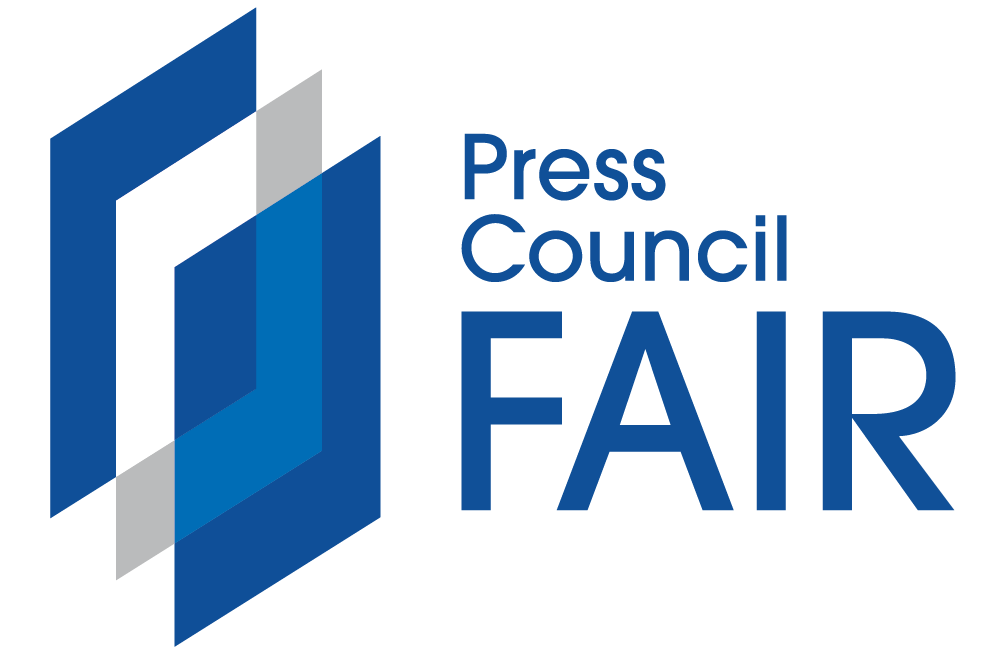Q&A: What you can do if your municipality won’t pay Eskom
If your municipality defaults on its debt to Eskom, there are actions you can take as a resident. We spoke to Dr. Peter Twesigye, the Research Lead for Power Market Reforms & Regulation at the University of Cape Town. Here is our conversation.
What do I do if my municipality won’t pay Eskom the money it is due?
Twesigye: If your municipality doesn’t pay Eskom, you may elect to (a) engage the [municipal] managers to explain why (b) seek legal redress (c) petition the regulator NERSA to demonstrate why they cannot compel the municipality to pay plus penalties (d) defect from municipal supply and buy your own rooftop solar Pv or buy power from a private power generation company.
What does load reduction on top of loadshedding look like? Are some towns not getting any power?
Twesigye: Load reduction is getting worse with some municipalities rationing supply which has adversely affected businesses (income loss) and is a nuisance to domestic consumers. The forecast stage three loadshedding over the next three years will get worse unless renewables are built fast. Eskom’s old plants are inadequate to meet existing and projected demand.
How do municipalities that are billions of rands in debt to Eskom start paying it back?
Twesigye: Municipalities with billons in debt to Eskom should (a) implement governance controls to ensure this malaise doesn’t continue (b) seek one-off amnesty of bail out from the state to clear debt – should be conditional on (a) above, (c) enforce arrears collections from delinquent consumers (d) deploy smart prepaid meters to avoid arrears accumulation (f) sell off liabilities to innovative private sector to recover due monies (g) most importantly review their governance controls and adopt private concessions to better manage their municipal electricity service delivery.
And should residents pay Eskom directly for their energy?
Should residents pay Eskom directly? This is a structural problem that Eskom should address either by cancelling their distribution licenses with municipalities or sourcing direct payment platforms/ technologies with customers via simple direct contracts. Eskom can also engage a private management contract to manage its distribution services so that services are delivered efficiently and cut out corruption tentacles emanating from municipalities’ poor governance.
Can you speak about the benefits and negatives of rolling out renewable energy and emergency power procurement for smaller municipalities?
Twesigye: Benefits of rolling out renewables. (a) cheaper electricity, (b) reliable supply all the time (c) faster to build and achieve commercial close (d) creates consumer choice to choose which supplier to pick power from, (e) stopgap to end pervasive loadshedding. Drawbacks include, delays from environmentalists petitions, concerns about loss of jobs for union sides staff involved in coal mining, rent seekers worry to lose their free spices of money etc.
And do you think that the municipalities that owe Eskom money will be penalised and not receive power from the emergency energy plans?
Twesigye: Municipalities that owe Eskom money may not necessarily be excluded from benefiting from emergency power plans, however, they can be compelled to clear a portion of their debt before they are considered in receiving power since this will not be free. The government needs to pay for this and should not accept complacent non commercial behaviour to persist.
Media Hack Collective’s Outlier Local Government publishes a newsletter every two weeks. Read the latest issue and subscribe here.



